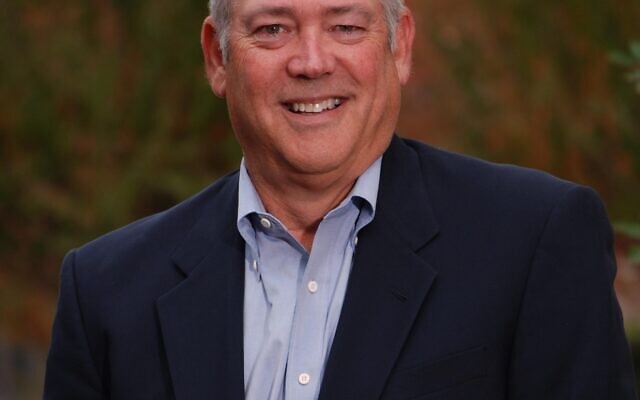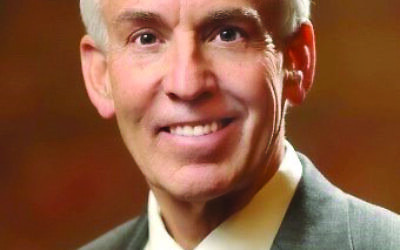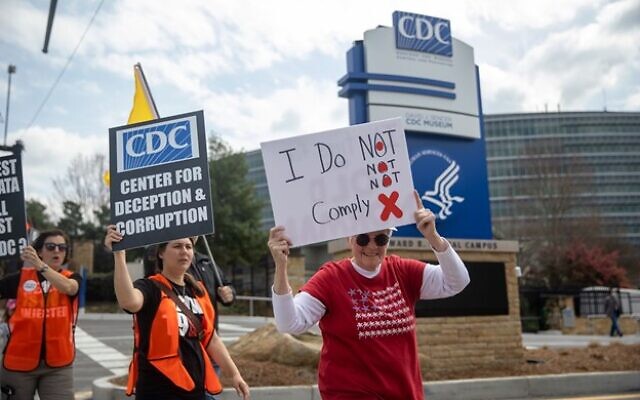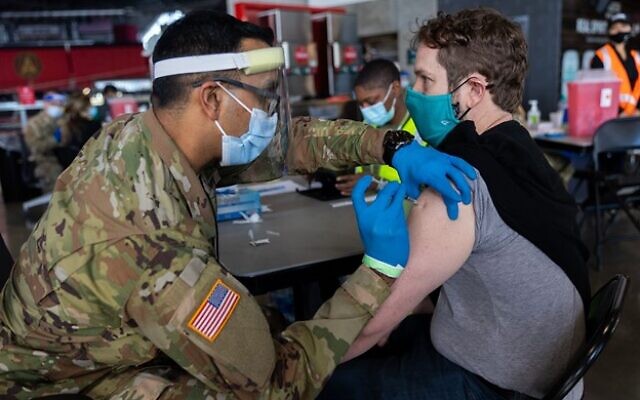Doctors Attempt to Ease Fears Around Vaccines
With the COVID-19 vaccine now available to all adults in Georgia, some doctors are trying to persuade those hesitant to take the vaccine.
A rising sophomore at Georgetown University, Nathan plans to major in government and minor in film and media studies as well as statistics, hoping to eventually get into a career creating digital content for campaigns or covering them for the Atlanta Jewish Times and other media outlets.
Even though over 200 million doses of vaccine have been administered in the United States, the recent halting of the Johnson & Johnson vaccine has helped reignite fears around taking the vaccine. Somewhere between 20 to 30 percent of the United States population doesn’t want to receive the vaccine, according to sources consulted for this story. One NPR poll showed 30 percent of American adults not choosing to get the vaccine if offered.
This level of vaccine hesitancy is important, considering the country’s attempts to reach “herd immunity,” where the level of those vaccinated within the population will restrict the spread enough that the disease becomes rarer and rarer among the population. Johns Hopkins Bloomberg School of Public Health reports that the country would need to reach at least 70 percent to achieve herd immunity, including those who have antibodies from previous COVID exposure and those vaccinated. Now, health officials are attempting to convince those hesitant to take the vaccine, in order to achieve the herd immunity goal.
While there are some who believe that the vaccine has microchips and is a plan by a global elite to take over the world, most of those who are hesitant to take the vaccine have much more reasonable explanations, from worries about the speed the vaccines were created to previous government experiments using health policies as covers in minority communities.

of staff at Northside Hospital.
Dr. Dale Bearman, an Atlanta-area gynecologist and former chief of staff at Northside Hospital, spoke to the AJT about the hesitancy he is seeing among his patients.
“I have been talking to essentially everyone who has come in on if they have received the vaccine or plan to receive the vaccine. And probably a third say ‘no, and I don’t plan to,’ or they will say ‘no, I just haven’t decided.’”
Bearman described vaccine hesitancy as being divided into two groups, one of which is based in political beliefs and the other having a general fear and timidness on medical issues.
For those who don’t want to take the vaccine because of political beliefs, Bearman said, “I don’t like to get into politics in my office, but they let you know that is their view of the world or that it’s not a real thing or a hoax. They use these words, and there is not much convincing you can say, frankly, in the context of a medical visit.
“We don’t nearly have the time to convince someone whose opinion is so engrained. All I can say is the vaccine is safe, it is proven effective, and I hope you will reconsider it.” The other group of those hesitant about the vaccine are more amenable to taking it, he said. “They will quote things, like ‘oh this vaccine, the new system, we don’t know what it’s gonna do.’ I have had people very legitimately tell me they don’t want to grow a second nose and a third arm, all kinds of things, and while it sounds funny and that they are making a joke, they aren’t, they are really fearful.”
Much of the hesitancy largely revolves around the new mRNA system for the Pfizer and Moderna vaccines, which is different than what is traditionally used to make vaccines, he said.
Bearman tries to ease those patients’ worries. “To those folks, I say … ‘it may seem new, but the mRNA system that brought us the Moderna and Pfizer vaccines isn’t new at all, it is just the first implementation of it. It seems safe. It seems effective. It has been given to way more than a million people, to enough people that you can see that it is a safe thing.’” Some of these people are worried about having an extreme allergic reaction to the vaccine, according to Dr. Stanley Fineman, an Atlanta allergist.

While a small reaction and soreness is common in response to the vaccine, some potentially dangerous reactions can be tested for, particularly if there is a worry after the first dose, he said. They can administer components of the vaccine as an allergy test, to allay fears and show “they are able to take the second dose without a problem.” This is for those who have an immediate reaction to the first shot, an extremely low number, Fineman said. His worry is not so much extreme allergic reactions, but the resistance to taking the vaccine at all. “I had one yesterday who said ‘I don’t get the flu vaccine, I don’t want to get the COVID vaccine,’ and I was trying to convince him, this was an elderly person, that it was to their benefit, but it’s hard a lot of the time to convince people.
“What I usually do is explain the safety in the vaccines and it’s not gonna change their DNA, cause the disease or make them ill with a hospitalized illness. There is a certain percentage of patients who have a local reaction or maybe feel run down for a short time after, but usually I explain I got the vaccine and I didn’t have a problem, and neither has my family who have received it,” Fineman said.
“That’s what I try to explain to people, to make sure their fears are reduced so they will hopefully agree to do it.”
Fineman is also encountering a group with no willingness to take the vaccine, describing the issue as political as well. “I am worried that some of the vaccine hesitancy is, I think, kind of political. Because of politics, they don’t look at the data, and I can explain the data and scientific safety all day long, but they have a blockage. It may be political; I have no idea.”

the Centers for Disease Control and Prevention last month
Even some healthcare workers who have seen the worst of the COVID-19 pandemic are unwilling to take the vaccine, Bearman said. He is a board member at Northside, and his daughter is the operations manager for its emergency room. Bearman said his daughter “was responsible for the emergency personnel. Those people were the very first wave to get the vaccine, and her job was to arrange for all of the ER personnel to get themselves signed up for vaccination. And roughly a third of people who see COVID on a daily basis, the very front line, were opting not to receive the vaccine. … it is very frustrating,” he said.
“Even people that are wearing world-class PPE [personal protection equipment], and seeing people brought in throughout all the waves of this pandemic, how they would not want to protect themselves, and by extension their family and loved ones, is absolutely mind-boggling.” ì
- Nathan Posner
- News
- COVID Vaccine
- Vaccine
- GEORGIA
- Johnson & Johnson Vaccine
- NPR
- United States
- Herd immunity
- Johns Hopkins Bloomberg School of Public Health
- Dr. Dale Bearman
- northside hospital
- Pfizer
- Moderna
- mRNA
- Dr. Stanley Fineman
- DNA
- Healthcare workers
- PPE
- Mercedes-Benz Stadium
- Center for Disease Control and Prevention




comments